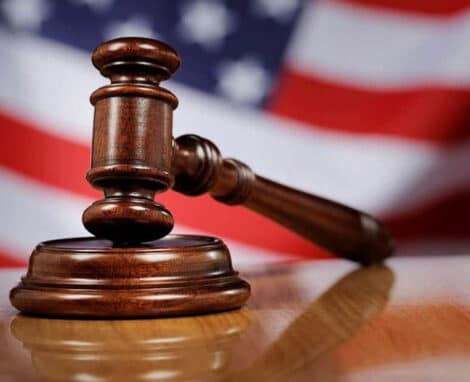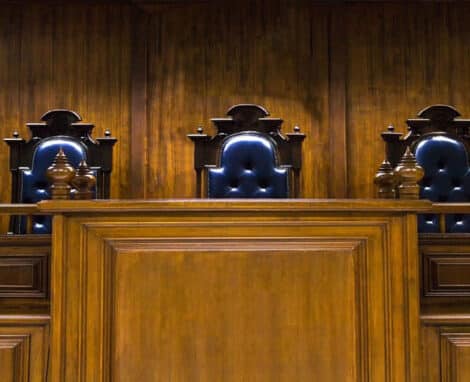Category Archives: Appeals
The Law: Logic and Fairness Too Often Ignored
Most people would assume that the rule of law is drawn by the rules of logic and fairness. That assumption is both logical and…
Officer Who Pepper Sprayed Arguing Suspect Faces Lawsuit
Police Force: When Does Reasonable Become Unreasonable Nearly three decades ago the U.S. Supreme Court, in Graham v. Conner, held that the police may…
College Dorm Rooms Enjoy Fourth Amendment Protection
It was an issue of first impression for the Texas Court of Criminal Appeals (TCCA): whether a college dorm room is an exception to…
Bad Driving Is Not Criminally Negligent
Texas has more than its share of bad drivers. One of its cities, San Antonio, ranks in the top ten among the nation’s most…
Judge’s Sentencing Discretion Held in Check
A federal district court judge enjoys broad discretion in determining the criminal sentence to be imposed following conviction. This judicial discretion, however, is limited…
What Is a Brady Violation?
The landmark decision Brady v. Maryland was handed down by the U.S. Supreme Court in 1963. The decision held that, under the Fifth and…
U.S. Supreme Court Says Due Process Requires Refund of Monetary Penalties for Invalidated Convictions
Fines and restitution may be imposed following a criminal conviction in conjunction with the sentence imposed. Fines are commonly imposed in all criminal cases.…
Texas Court Finds No Expectation of Privacy in Cell Phone Records, Location Data
On April 12, 2017, the Texas Court of Criminal Appeals ruled that Article I, Section 9 of the Texas Constitution does not provide broader…
Should State Refund Fines, Fees to a Wrongfully Convicted Person?
In most states, people convicted of crimes pay fines, restitution, court costs and other fees. Most states will refund this money should the criminal…
How Does the Appeals Process Differ in Federal and State Cases?
A criminal charge will be brought in either state or federal court, depending upon the nature of the offense. Federal courts handle cases that…
Take the first step toward protecting your freedom by contacting us now
John T. Floyd is Board Certified in Criminal Law By the Texas Board of Legal Specialization
Request A Confidential Consultation
Fields marked with an * are required
"*" indicates required fields




























